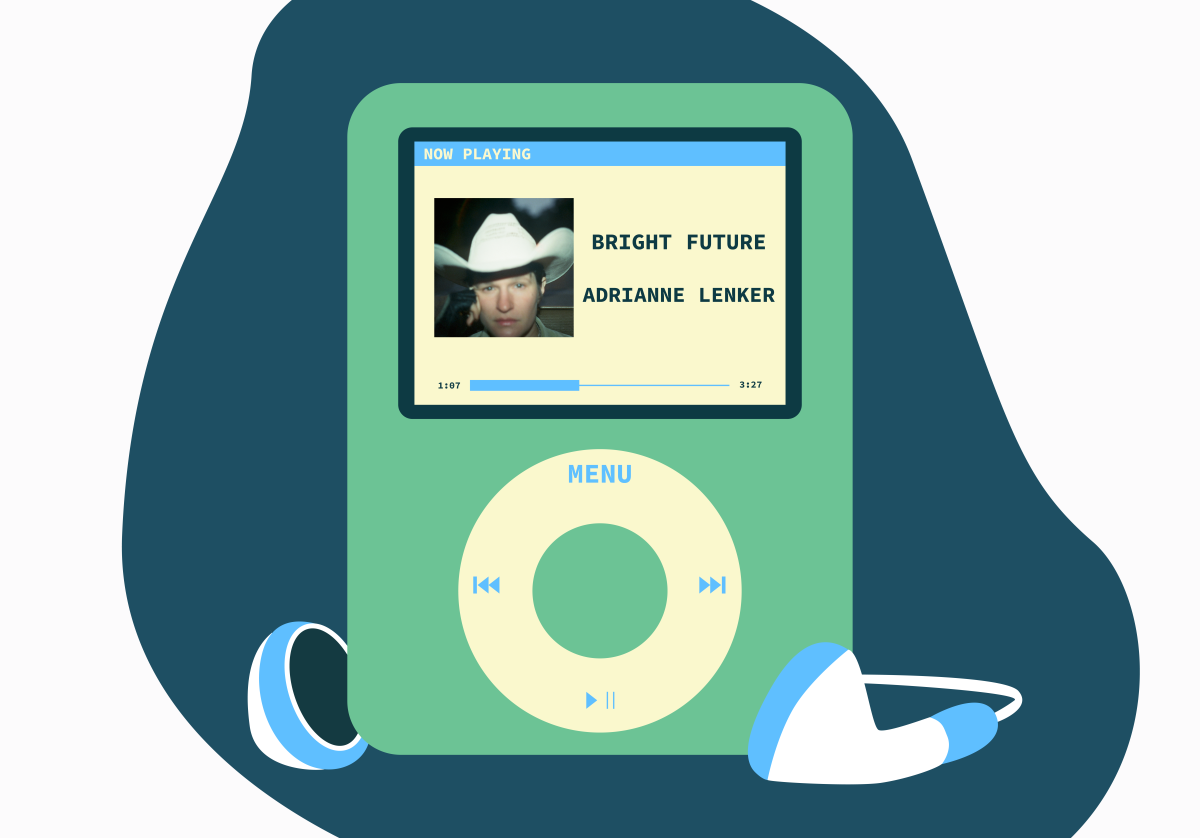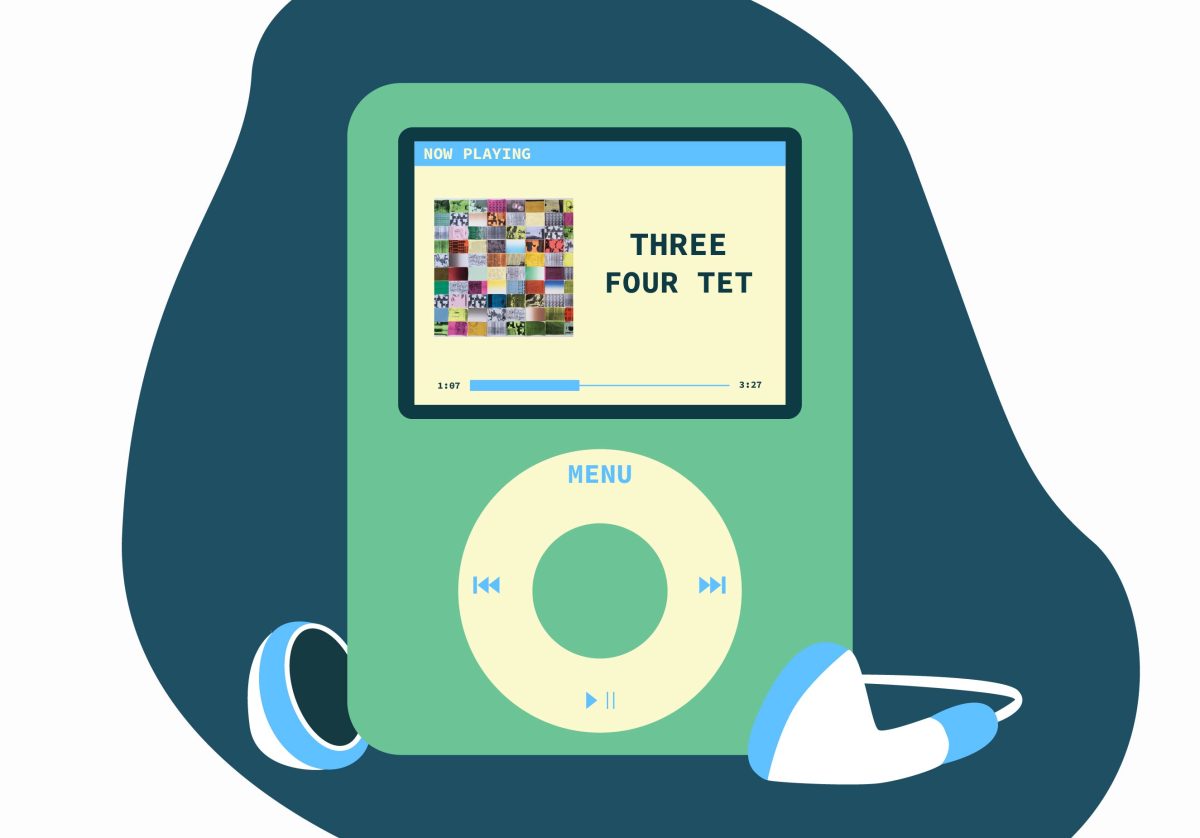He has a “new” hit song on radio stations around the world and the corresponding music video is consistently one of MTV’s most requested. He’s the subject of not one, but two best-selling books. He’s got a die-hard fan base despite a total absence of tour dates. Disaffected teen males idolize his rebellious attitude and their girlfriends swoon at his striking good looks. He is a record exec’s wet dream except for one nagging little issue: Kurt Donald Cobain has been pushing up daisies for more than eight years now.
When Cobain, 27, shot up one last time, raised a double-barreled shotgun to his mouth on April 5, 1994 and pulled the trigger, even his deep-rooted cynicism toward the music industry could not have possibly conceived the cottage industry that would immediately spring up in response to his self-destruction. At least five copycat suicide attempts were confirmed one week after his raucous memorial service. Sales of T-shirts emblazoned with a photocopy of his death certificate remain steady at mall kiosks. The Electro-Harmonix Small Clone, Cobain’s signature guitar pedal, is stocked at music stores with packaging heralding the device as “a reissue of the one Kurt Cobain used to create Nirvana’s unique sound.” The Vio software corporation even released a karaoke CD version of Nirvana’s best-known ditties.
“Heavier than Heaven,” Charles Cross’ new Cobain biography from Hyperion Press, has been recently released alongside Riverhead Books’ collection of Cobain’s private journals, as well as a self-titled greatest-hits CD produced by Geffen Records, which features one previously unreleased track.
According to Cross, Nirvana was born in 1985 in Aberdeen, Wash., a rural, predominantly Irish logging community. Cobain and Co. had previously performed under such forgettable monikers as The Stiff Woodies, Ed Ted Fred, Fecal Matter, Brown Towel, Bliss, Pen Cap Chew, Throat Oyster, Windowpane and Tad. Cobain, who decided to start his own group after The Melvins turned him down, had originally played drums but eventually switched to guitar and vocal duties because nobody else wanted them. Rehearsals were first conducted in the attic of a beauty parlor that bassist Krist Novoselic, 37, owned.
Taking full advantage of Nirvana’s market power for their socio-political aims, Novoselic outraged homophobic head bangers by kissing drummer David Grohl, 33, during their performance on “Saturday Night Live.” Cross documents that in 1993, Nirvana played a benefit concert in San Francisco for Bosnia’s rape survivors that garnered more than $550,000. Conservative program directors at MTV urged them not to play the controversial song “Rape Me” at their Video Music Awards. In response, Kurt played the opening bars of his feminist manifesto and smiled mischievously before opting to launch into the more radio-friendly “Lithium.” “In Utero,” Nirvana’s final offering, was recorded in Minnesota.
Cobain was born on Feb. 20, 1967 in Hoquiam, Wash., and according to Cross, grew up a lifelong fan of Aerosmith. Cobain had experimented with heroin since 1985 and often blamed his drug addiction on chronic stomach pain. In February 1994, less than a month before the final Munich show in a hotel room in Rome, he overdosed on champagne and muscle relaxers, falling into a coma for more than three days. Cobain was checked against his will into the Exodus Recovery Center in Los Angeles, Calif., but escaped and flew back to Seattle, Wash. Cobain maintained an extensive gun collection, including an M-16 machine gun but, for reasons no one can explain, persuaded Dylan Carson of the now-obsolete band Earth to buy the rifle Cobain used to kill himself.
Grohl, a high school dropout originally from Ohio, got his start with D.C.-based hard core outfit Scream, who were briefly signed to Dischord Records. After Nirvana, Grohl toured with Tom Petty and in 1995 started the Foo Fighters, a decidedly more upbeat group that signed a lucrative deal with Roswell Records, a subsidiary of Capitol.
Novoselic, the son of Croatian immigrants, worked at Taco Bell before the band took off. He formed the ephemeral Sweet 75 in 1997 and later Eyes Adrift in 2001. Now an avowed socialist and nondenominational Christian, Novoselic married his high school sweetheart Shelli in his apartment. Novoselic, who had never made a secret out of his hatred for “Smells like Teen Spirit,” Nirvana’s signature hit, also performed with No W.T.O. Combo, a one-time supergroup organized by Jello Biafra that included ex-Soundgarden guitarist Kim Thayil. The combo performed only once, during the middle of the World Trade Organization protests in Seattle, Wash., in November 1999.
For a band whose name refers to the highest possible state of spiritual alignment, the ensuing battle for the remainder of the spoils has been downright petty. Grohl offered to record with Pearl Jam, which angered Courtney Love because both she and Cobain despised them. This tiff essentially sparked the latest squabble over Cobain’s estate. Litigation began last summer as a 45-track boxed set was initially slated for release to commemorate the 10th anniversary of “Nevermind’s” release. Novoselic, who is also friends with Pearl Jam, wants joint control of the catalog with Grohl but currently, the courts are ruling in Love’s favor.
“You Know You’re Right,” the “new” single that is arguably the only reason to own the greatest hits collection, was originally supposed to be the box set’s main selling point. Currently, royalties are split three ways among Grohl, Novoselic, and Love, although most of the un-released material in question is currently in Love’s hands.
For Cobain’s pop genius to still resonate despite all of this drama is the real miracle. Cobain’s life was full of contradictions, his legend a troubling concoction of fact and fiction. No one held a gun to Cobain’s head and demanded he sign to a major label, continue to record and ultimately abandon his wife and child rather than seek medical help for his depression.
















